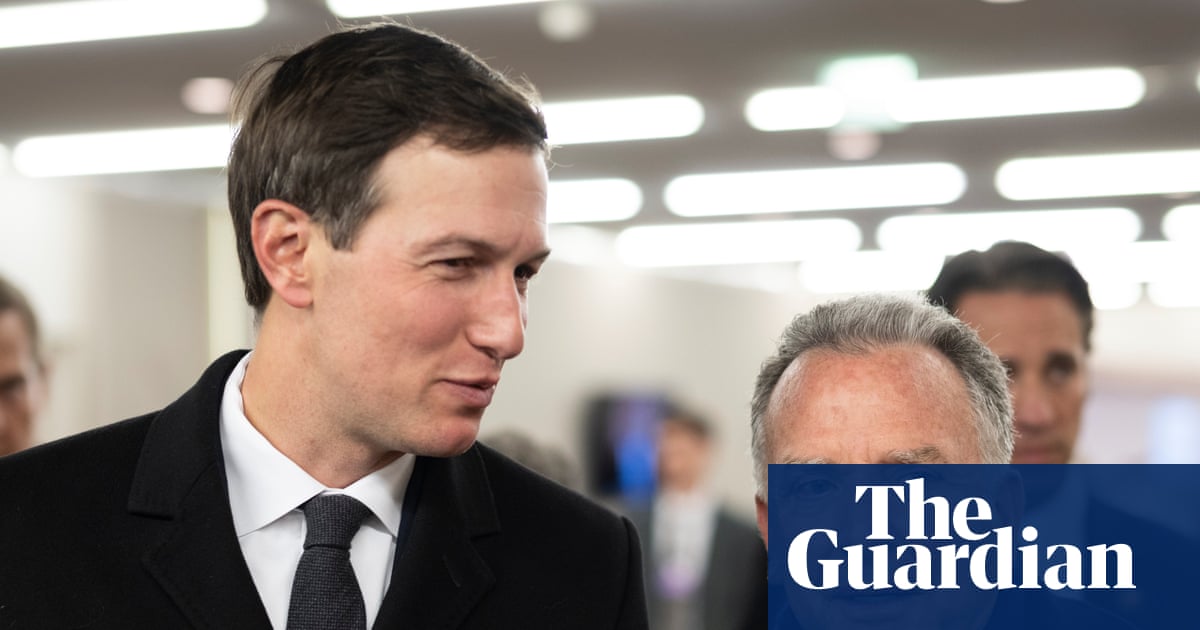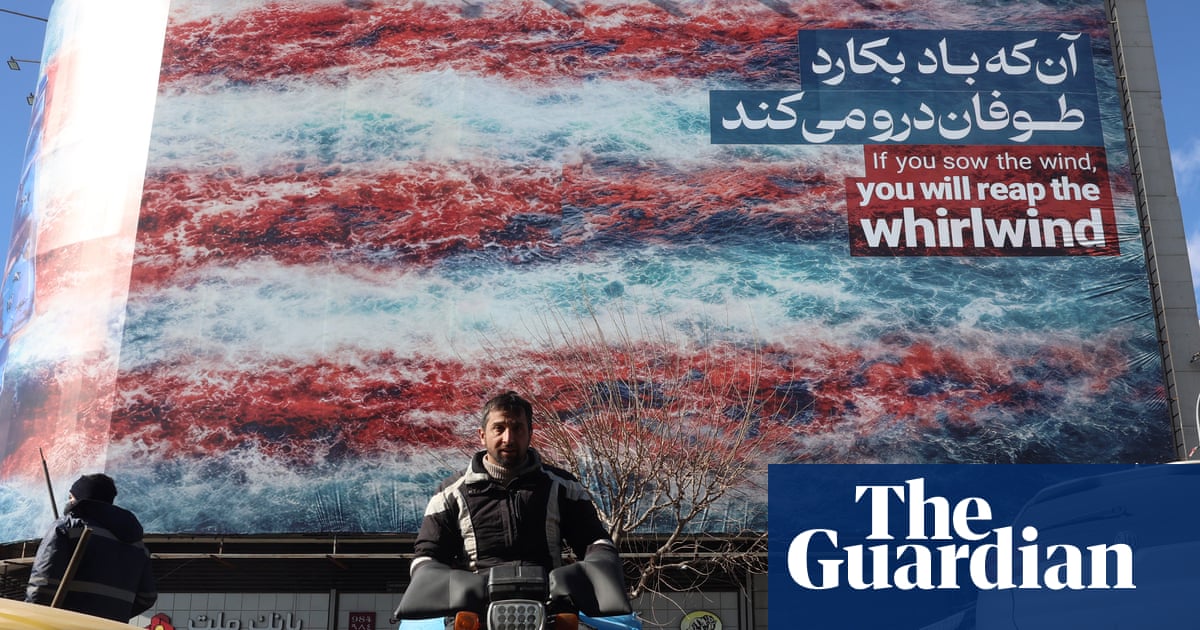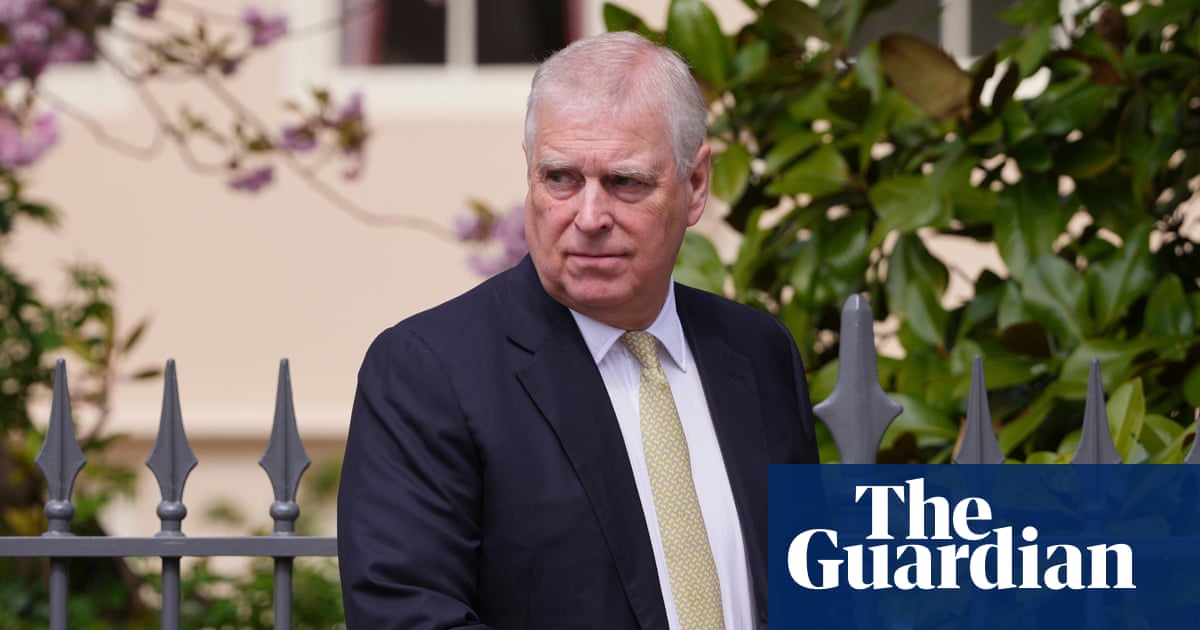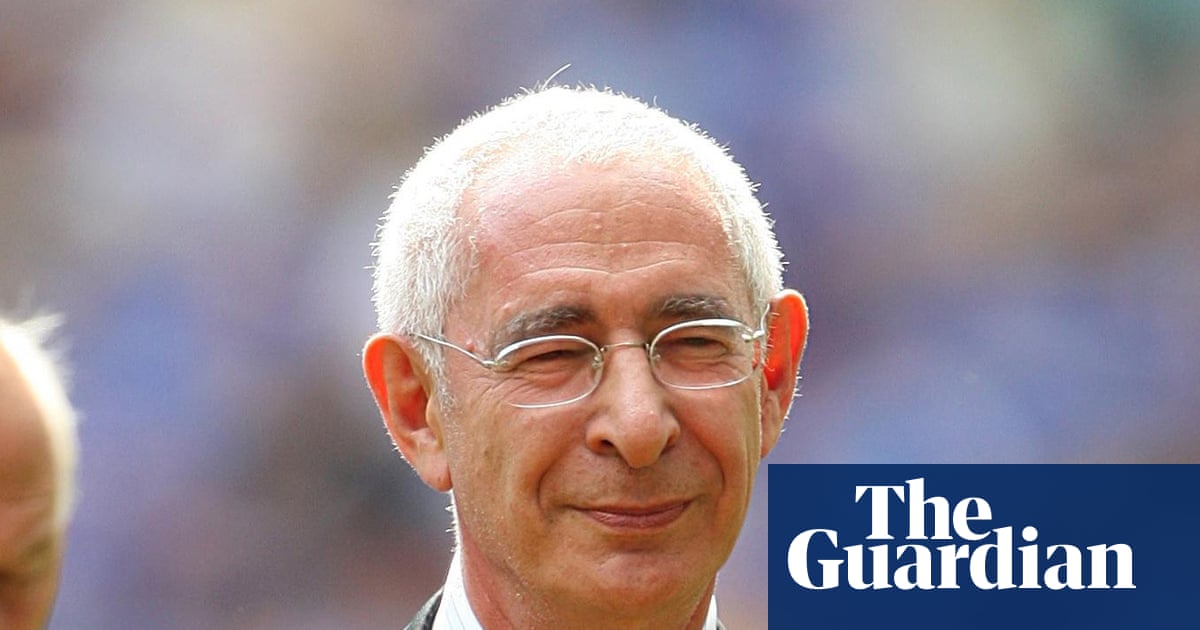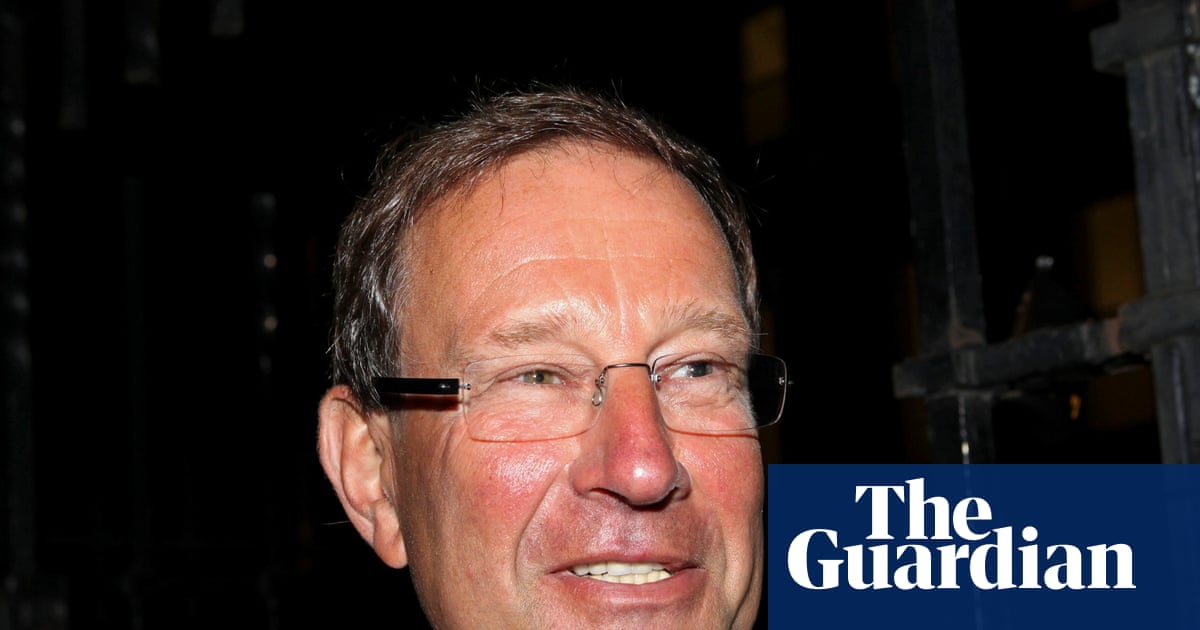Former Mercury prize nominees have said acts outside London are underrepresented in the awards, with 130 more nominees coming from the capital than the next most-shortlisted region over the prize’s 34-year history.
The awards ceremony will take place in Newcastle on Thursday night, the first time it has been held outside London.
Yet data gathered by the Guardian shows stark disparities in regional representation. While 2025’s nominations are the most diverse ever, with six regions of England represented as well as acts from Scotland, Wales and Ireland present, 2024’s shortlist saw just six regions or countries represented, and there were just four in 2023, when nine of the 12 nominations went to acts from London.
Since 2010 only three winners did not come from London and, between 2014 and 2023, every winner came from the city, with Leeds band English Teacher’s win in 2024 stopping the trend. In the competition’s history, more winners have come from London than all the other winners combined, 17 coming from the capital.
In 2020, of the 12 acts shortlisted for the prize only one came from outside southern England, the Newcastle based rock band Lanterns on the Lake. Vocalist Hazel Wilde said that, while the group had been thrilled to be nominated and excited that the ceremony would take place in their home city, they found it “surprising” they had been the only act from outside London five years ago and hoped the awards would evolve.
“The Mercury prize has always been the alternative to the usual major-label backed or London-centric awards like the Brits,” Wilde said. “It’s all about the album. But I think people see it as slipping into that world a little bit – perhaps because those are the kind of artists who are able to survive in this climate.”
There is also a lack of diversity in the countries represented. Only inaugural winners Primal Scream, 2004 winners Franz Ferdinand and 2014 winners Young Fathers, have come from outside England, with victorious acts yet to come from Wales or Ireland at all.

Gwenno, a Cardiff-born singer who was nominated in 2022 and who has recorded albums in the Welsh and Cornish languages, said: “The UK is the most centralised political system in Europe and everything we do is influenced by that, sadly, including our music industry.
“I’m really confident in the abilities of all the nations to produce incredible music, and our ability as music fans and people who want to celebrate great music to work alongside each other in a more progressive way in what I see as the final dust of Empire.”
after newsletter promotion
Gwenno said she believed that separating the award into separate contests for each country or region would not just be effective in spotlighting talent from outside England, but would help England itself, which she says is “going through a huge identity upheaval in working out what it needs to be next in every way imaginable”.
Dr Jo Twist, the chief executive of BPI, which organises the Mercury prize, said that the prizes were designed to provide a “breadth of opportunity for artists of varied backgrounds to shine and connect with a wider audience”, and that the move to Newcastle was a “recognition that talent is thriving across the UK and Ireland.”
Ian Murray, minister for creative industries, media and arts, said it was “hugely welcome that the organisers are taking the important symbolic step of hosting the ceremony outside London for the first time”, adding: “For too long other regions have had to play second fiddle to London, despite having world-class creative output in their own right.”
Murray said that the government had pledged to address “the imbalance between London and the rest of the country in the creative industries”, starting by encouraging events such as the Mercury and Brit awards to change locations, and by “investing hundreds of millions in creative businesses from Exeter to Inverness”.

 3 months ago
90
3 months ago
90
